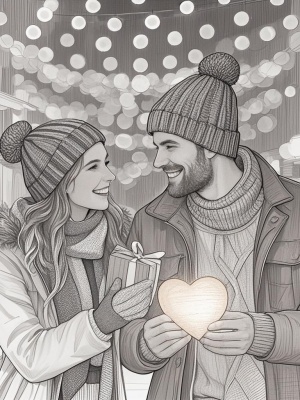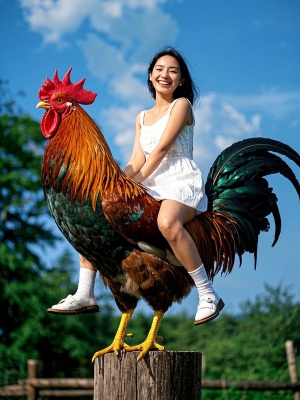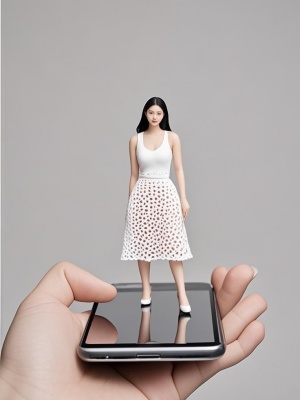Car Pop Art: A Vibrant Fusion of Automotive Culture and Artistic Expression
Introduction to Car Pop Art
Car pop art represents a dynamic intersection between automotive culture and contemporary art. Emerging from the pop art movement of the 1950s-60s, this genre transforms ordinary vehicles into extraordinary artistic statements. Unlike traditional automotive art that focuses on technical accuracy, car pop art emphasizes bold colors, graphic elements, and cultural commentary - turning cars into canvases for creative expression.
For those interested in exploring more about artistic transformations, check out our AI Art Guide which covers various digital art techniques.
The Evolution of Car Pop Art
From Commercial Roots to Artistic Movement
Car pop art began with commercial artists creating advertisements for automobile manufacturers. Artists like Andy Warhol later elevated these commercial images into fine art. The movement gained momentum as artists recognized cars as perfect symbols of mass production and consumer culture - key themes in pop art philosophy.
Iconic Artists and Their Automotive Masterpieces
- Andy Warhol's "BMW Art Car" series (1979-1986)
- Roy Lichtenstein's comic-style car illustrations
- James Rosenquist's fragmented automotive collages
- Keith Haring's graffiti-inspired car designs

Characteristics of Car Pop Art
Visual Elements That Define the Genre
Authentic car pop art typically features:
- Vibrant, saturated colors that grab attention
- Bold outlines and graphic elements
- Repetition of mechanical components
- Incorporation of commercial logos and branding
- Playful distortion of proportions
Themes and Cultural Commentary
Beyond aesthetics, car pop art often explores themes of consumerism, speed, freedom, and technological progress. Some works critically examine automotive culture's environmental impact, while others celebrate its beauty and engineering.
Creating Car Pop Art: Techniques and Approaches
Traditional vs. Digital Methods
Traditional car pop artists use acrylics, screen printing, and collage techniques. Digital artists employ tools like Photoshop and AI-powered platforms. Our AI Painting Guide offers insights into modern digital creation methods.
Problem-Solution Matrix for Aspiring Car Pop Artists
| Common Challenge | Professional Solution |
|---|---|
| Capturing car essence while stylizing | Study automotive blueprints before abstracting |
| Creating depth in flat pop art style | Use color gradients and strategic shadows |
| Balancing realism with artistic license | Focus on key identifying features while simplifying others |
Car Pop Art in Contemporary Culture
Today, car pop art appears in galleries, automotive shows, and urban spaces worldwide. Major car manufacturers frequently collaborate with pop artists for limited edition vehicles. The genre has also influenced video games, movies, and product design.
For examples of how pop art transforms everyday objects, visit our gallery page featuring various artistic interpretations.
Conclusion: The Enduring Appeal of Car Pop Art
Car pop art continues to evolve, blending nostalgia with contemporary themes. As both celebration and critique of automotive culture, it remains one of pop art's most accessible and visually striking subgenres. Whether through traditional painting or digital creation, artists find endless inspiration in the marriage of mechanical beauty and artistic vision.

For further reading on artistic movements, check out this authoritative resource from Tate Modern about pop art history and significance.
